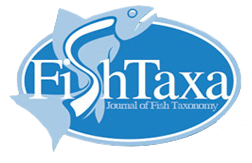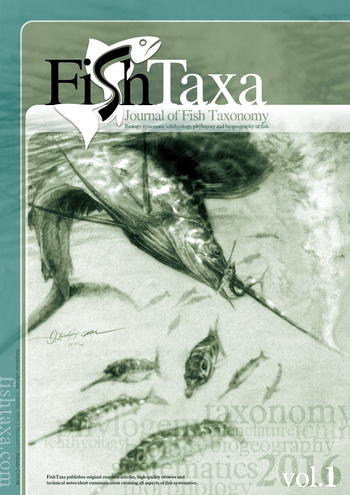Cryptic Species Identification in Marine Flatfishes Through Genetic Barcoding
Zoe Brown University College London, United Kingdom.
Abstract
The current paper discusses the growing biological issue of "cryptic" species. For species with substantial genetic variety but little morphological variation, a cryptic species notion was recently put out. In order to identify three new species and illustrate their dual nature, we use special material from a fascinating group of nudibranch molluscs of the genus Trinchesia from European waters as a study in itself. Each species in that complex has stable morphological and molecular distinctions, but their overall similarity can be determined as a "cryptic" species complex. This species complex may therefore be referred to as "cryptic," "pseudocryptic," or "non-cryptic." We further link the species problem to epigenetics and provide evidence for a very high rate of speciation in this species complex. When a finer multilayer morphological and molecular scale is employed to uncover more accurately defined species, the "cryptic" addition to "species" is no longer essential because the degree of crypticity is a continuum. This is supported by the broad discussion of the available metazoan-wide data in the current study. Molecular and morphological approaches should be used to create a fine-scale multilevel taxonomic framework. This does not necessarily mean that purely molecular-based "cryptic" species will be a posteriori transformed into morphologically defined "pseudocryptic" ones. The current study's implications are significant for various disciplines, such as fine-scale biodiversity assessments and conservation biology.

